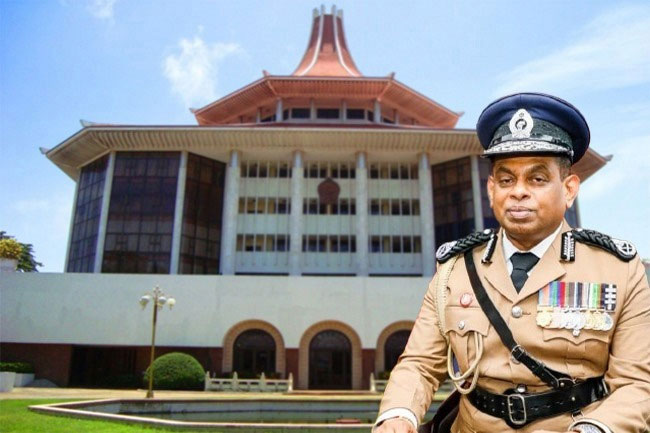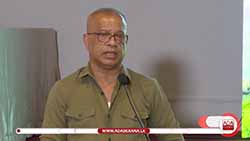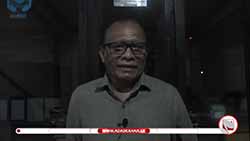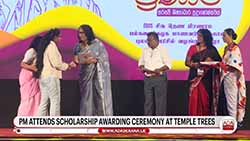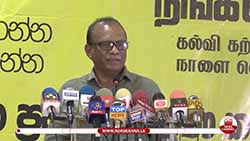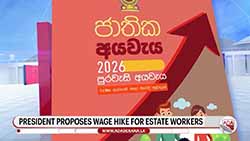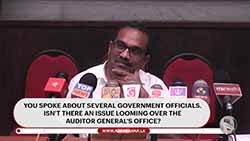IGP controversy: BASL reaffirms SC’s authority amid govt’s claims
July 27, 2024 01:45 pm
The Bar Association of Sri Lanka (BASL) has condemned the recent government actions aimed at undermining the Supreme Court’s interim order concerning the appointment of the Inspector General of Police (IGP) Deshabandu Tennakoon.
Issuing a statement in this regard, the BASL emphasized the government’s claim that the Supreme Court does not have power to call into question appointments made by the President which are approved by the Constitutional Council is ‘totally untenable’ in view of the BASL.
In its statement, the BASL highlighted: “The decisions of the Constitutional Council are clearly amenable to the Fundamental Rights Jurisdiction of the Supreme Court (as per Article 411 of the Constitution). It is equally clear that following the 19th Amendment to the Constitution, the exercise of powers by the President, except his power to declare war and peace, are subject to the Fundamental Rights Jurisdiction of the Supreme Court (as per Article 35 of the Constitution).”
The association further claimed that in the said cases, a three-judge bench of the Supreme Court heard all parties including the Attorney General and counsel for IGP Tennekoon and delivered its order granting leave to proceed, adding that the Court also issued an interim order restraining Mr. Tennekoon from exercising the duties, functions and powers of the Inspector General of Police until the final determination of the applications.
“The said cases had been fixed for hearing on 11th November, 2024, with the consent of all parties including the Attorney General and all counsel”, it added.
The BASL highlighted that the Supreme Court’s authority to review presidential appointments is firmly established within the framework of Sri Lanka’s Constitution. This includes oversight of decisions by the Constitutional Council under Article 411 and the President’s powers, as modified by the 19th Amendment, under Article 35, the statement mentioned.
The BASL referenced historical judgments to support their position: “In the case of Edward Siva V Dr. Shirani Bandaranaike [1997(1) SLR 92] a seven-judge bench of the Supreme Court held as follows, quoting with approval the decision of the Supreme Court in Bandara v Premachandra [1994(1) SLR 301].”
“In common with Courts in other democracies founded on the Rule of Law, this Court has consistently recognised that powers of appointment are not absolute:
“There are no absolute or unfettered discretions in public law; discretions are conferred on public functionaries in trust for the public, to be used for the public good, and the propriety of the exercise of such discretions is to be judged by reference to the purposes for which they were so entrusted”, it added.
Reaffirming the judiciary’s independence, the BASL stressed that the Supreme Court’s decisions cannot be overruled by any other body, including the Prime Minister or the Speaker of the House. The Association warned that any failure by the government to respect court decisions would erode public confidence in justice and jeopardize democracy.
Moreover, the BASL expressed its fullest confidence in the judiciary of Sri Lanka including the Supreme Court and will stand by the judiciary in order to ensure that its integrity is protected at this critical hour.



